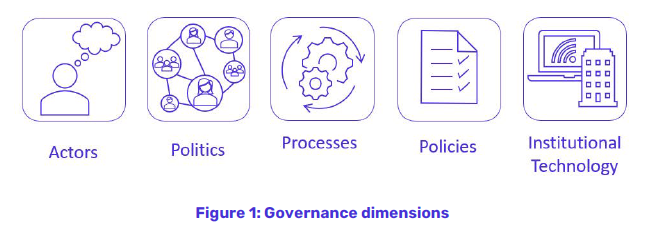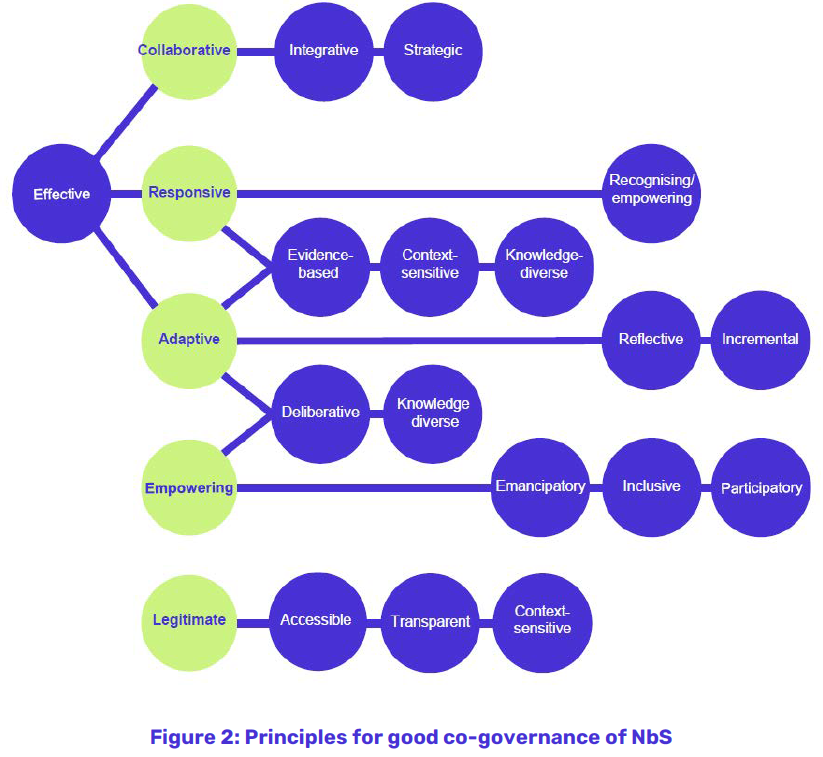The deliverable 7.1, State-of-the-art Report on Good Practice for Co-governance of NbS, was submitted by the ISOCARP Institute with contributions from TUM and ABUD in June 2023. The description of the deliverable is available below and the full deliverable is at the end for download:
"As part of Work Package 7 (WP7) within the Horizon2020 project JUSTNature (SEP-210687519), this deliverable offers a systematic qualitative review of the state-of-the-art of co-governance of nature-based solutions (NbS), to provide a comprehensive theoretical background on what are the principles, barriers, and enablers for “good” co-governance processes to reach just low-carbon cities.
Chapter 2 builds a theoretical framework, addressing “How co-governance of NbS can be improved to reach just and low-carbon cities.” It provides the definition, rationale, modes, dimensions, and evaluation criteria (principles, barriers & enablers) for the co-governance of NbS. The definition of co-governance within this research is therefore proposed as the process of various actors across the public, civil society, and private domains working together to formulate, promote and achieve shared objectives for positively transforming the urban environment, through the planning, design, implementation, and management of a nature-based intervention.
To evaluate the extent to which co-governance arrangements for NbS are successful, the concept of governance needs to be unpacked into its constituent parts. Based on previously studied governance dimensions, we developed five dimensions focusing on the governance processes: Actors, Politics, Processes, Policies, and Institutional Technology (Figure 1). These five dimensions are not strictly separable from one another, but rather co-exist.

